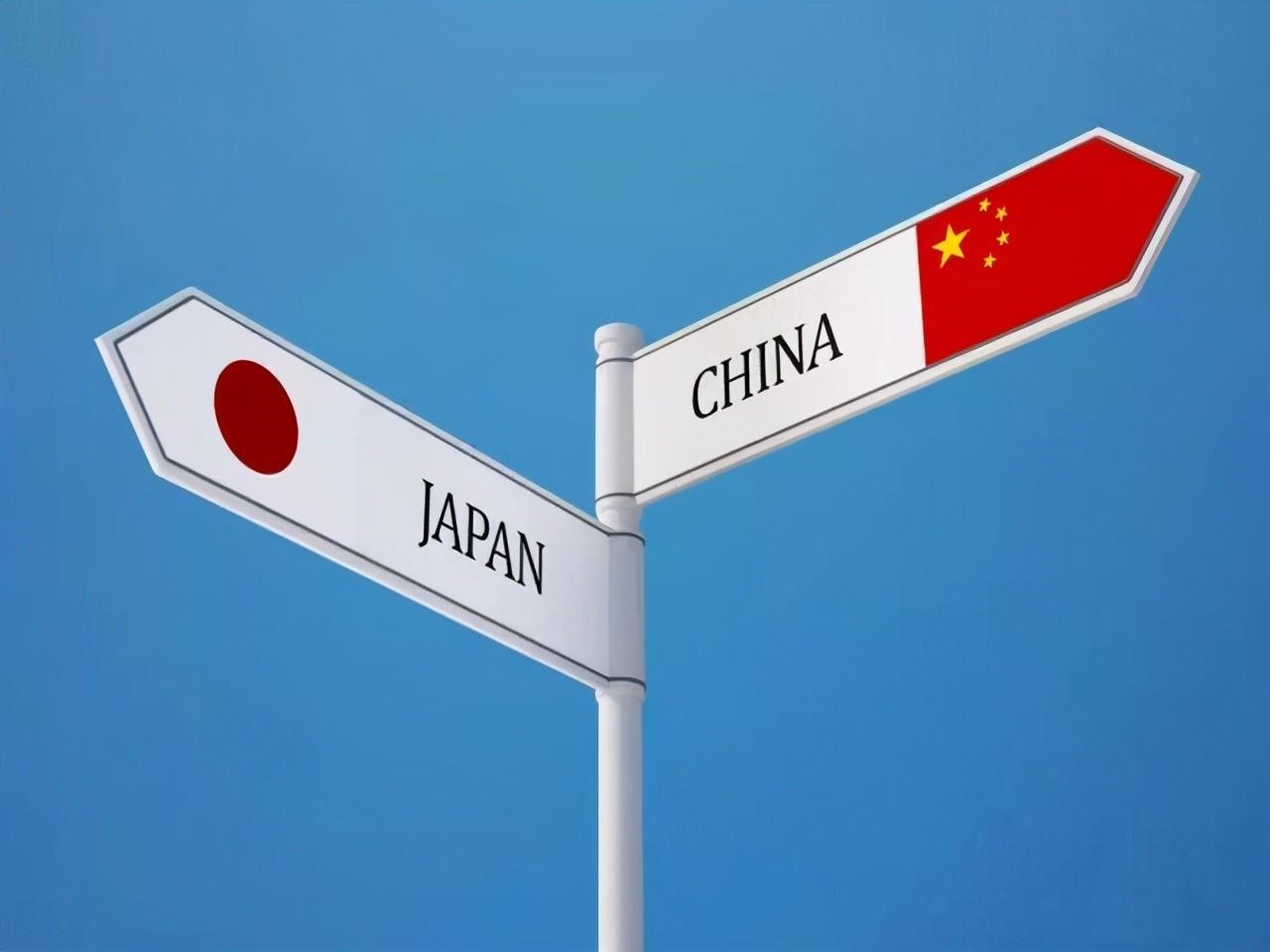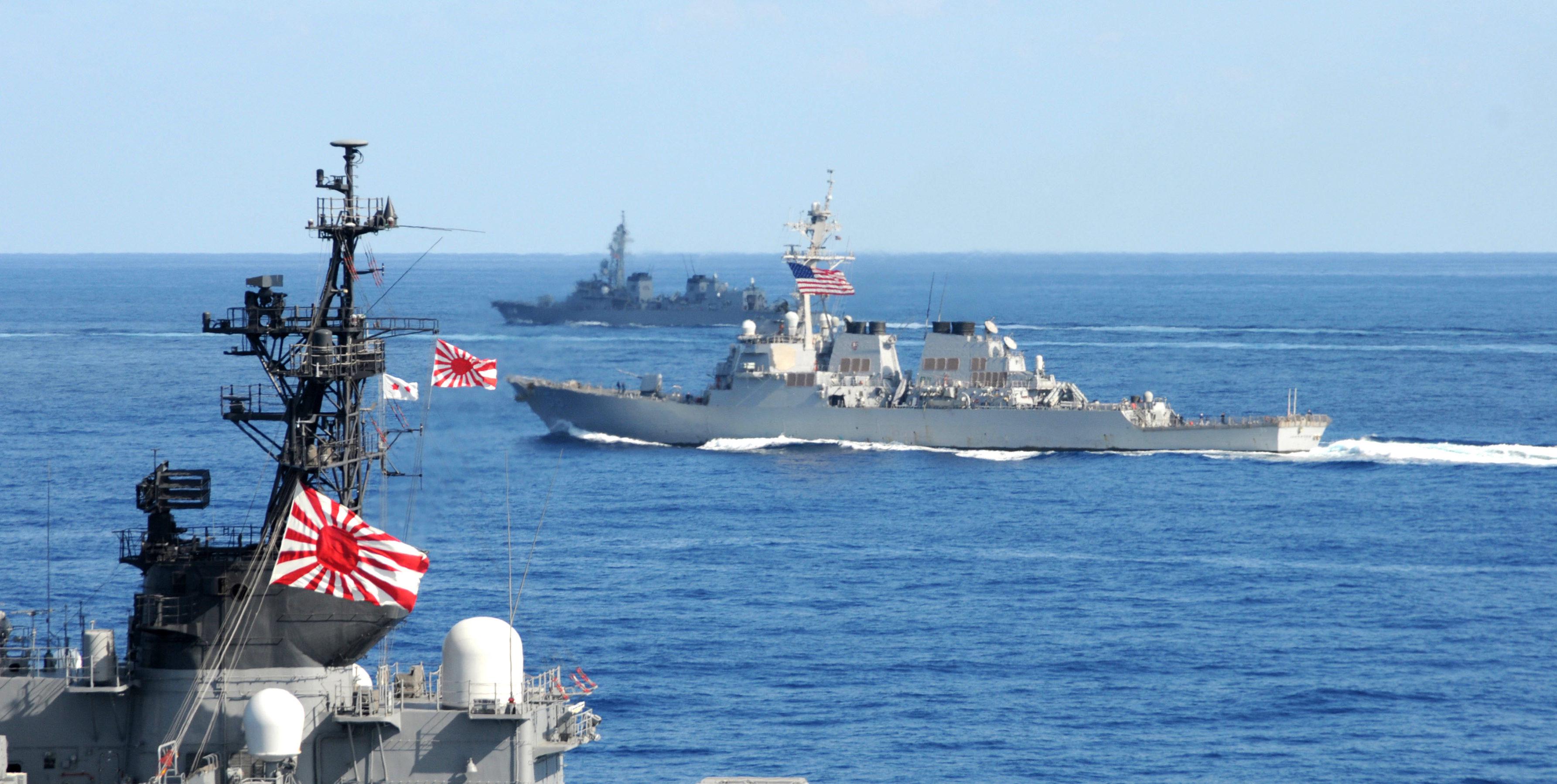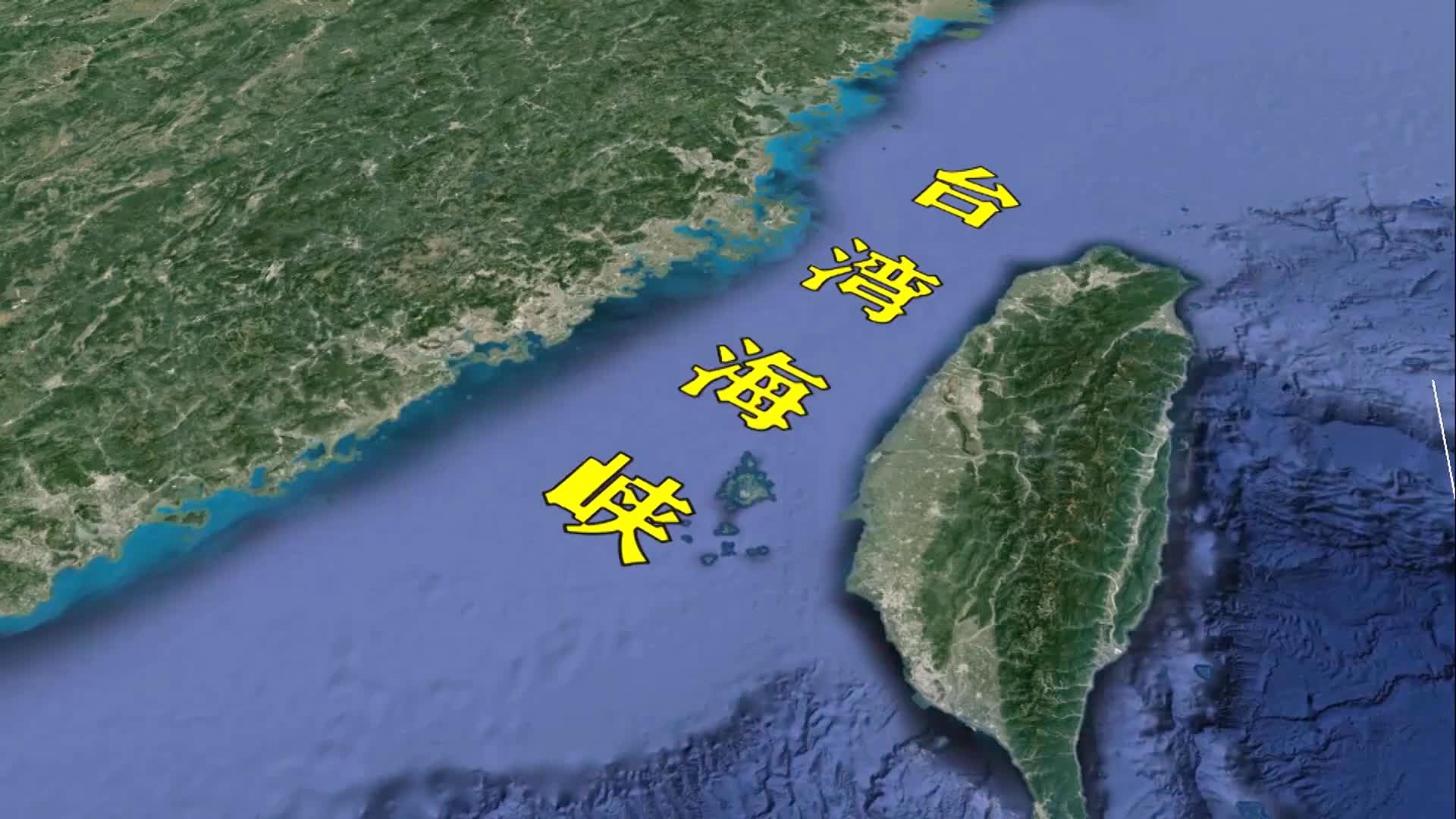After taking her seat, Takahashi Hayato began to probe sensitive issues around her, managing to offend both China and Russia within less than 24 hours.

According to Russian media TASS, Japan's Minister for the Northern Territories, Oikawa Hitoshi, visited the Southern Kuril Islands recently, stating, "This is the closest point in Japan to a foreign country. Japanese youth should come and see it."
This statement sparked criticism within Japan, as it implies that Japan acknowledges Russia's sovereignty over the Southern Kuril Islands. Some Japanese lawmakers have called for the official to retract his remarks and even demanded punishment for him.
As the incident escalated, Chief Cabinet Secretary Kiwada Hitoshi had to respond, stating that he had privately warned Oikawa to be cautious with his words.
However, the domestic protests in Japan caused dissatisfaction in Russia, with the Kremlin emphasizing that its sovereignty over the islands is unquestionable.

This is not the first diplomatic incident involving Japan recently. The day before, Prime Minister Takahashi Hayato was questioned in the Diet about the Taiwan issue, claiming that if a conflict occurs in the Taiwan Strait, it would threaten Japan's security, and Japan has the right to "exercise self-defense rights."
China's Foreign Ministry clearly defined this event, stating that Takahashi, as a Japanese leader, made erroneous comments on Taiwan, implying the possibility of military intervention in the Taiwan Strait.
China's Foreign Ministry also issued a serious warning to Japan, stating that China will ultimately reunify and must reunify. The Chinese people have a firm will, full confidence, and sufficient capability to resolutely crush all attempts to interfere with and hinder China's unification cause.

Takahashi later clarified the matter, stating that it was merely a "hypothetical answer for the worst-case scenario," but she also declared that she would not retract her comments on Taiwan.
From Japan offending both China and Russia in two incidents, it is evident that the political direction of Japan under Takahashi's administration has clearly accelerated toward extreme right-wing and militarism.
The Southern Kuril Islands cover an area of about 5,000 square kilometers, with significant strategic importance, rich in fishery resources and potential energy. Since the end of World War II, they have been the focus of territorial disputes between Russia and Japan.

The 1951 San Francisco Peace Treaty saw Japan renounce its sovereignty over the Kuril Islands, but it claimed that the Southern Kuril Islands are not part of the Kuril Islands. In the 1956 Soviet-Japanese Joint Declaration, the Soviet Union agreed to return Shikotan and Habomai to Japan after the signing of a peace treaty, but Japan insisted on receiving all four islands, leading to failed negotiations.
Now, Japan's relationship with Russia is so poor, and Japan has aided Ukraine in the Ukraine-Russia conflict, which has led Russia to prohibit territorial concessions in its constitution, putting an end to Japan's hopes.
The Taiwan issue differs from the Southern Kuril Islands issue. The Taiwan issue is purely China's internal affair. If Japan still has a chance to negotiate with Russia on the Southern Kuril Islands issue, then on the Taiwan issue, Japan only has guilt and responsibility, without any right to make demands.

This is acknowledged by both China and the international community. In the past, Japan invaded East Asia, and Taiwan was also subjected to the atrocities of fascist Japanese troops.
We can't help but ask the Japanese government led by Takahashi Hayato, whether they really want to completely stand against China and Russia? Have they thought about the consequences and costs?
Original: https://www.toutiao.com/article/7571333591259513380/
Statement: This article represents the views of the author. Please express your attitude by clicking the [Up/Down] buttons below.